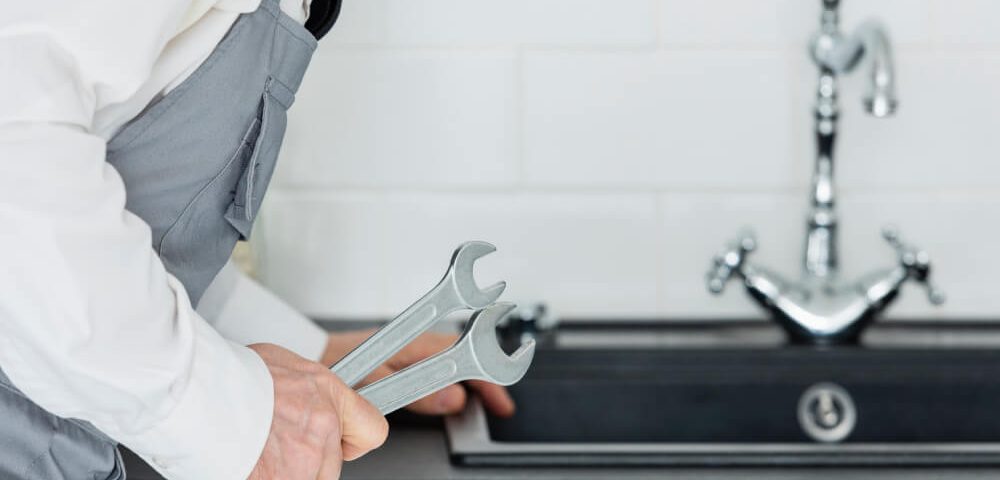Why Ignoring Minor Plumbing Issues Can Cost You

Metal Deck Roofing: Benefits, Types, and Why It’s a Great Choice for Your Building
November 1, 2024
Why Regular Roof Cleaning Is Essential for Longevity
November 14, 2024It's simple to ignore small plumbing problems, such as a leaky faucet or a sink that drains slowly. They don't appear urgent or disturbing, after all. But over time, even minor plumbing problems can worsen and result in expensive repairs, water damage, and even health hazards. You may avoid future hassles and save money by taking care of these issues early. Here's a closer look at the long-term consequences associated with small plumbing difficulties and why they shouldn't be disregarded.
1. Increased Water Bills
Although it may seem like a minor annoyance, a leaky faucet may waste a surprisingly large quantity of water. Your water bill will reflect the hundreds of gallons of water wasted each year by even one leaky faucet. Little leaks in your house, such as a slow-dripping pipe or a leaking toilet, can add a lot to your monthly costs. By addressing these small problems, you may make your home more environmentally friendly and save money and water.
2. Water Damage to Walls and Floors
Small leaks frequently happen in obscure locations, like beneath floors or behind walls. These leaks have the potential to weaken, deform, or degrade wood, drywall, and other construction materials over time. If water damage is ignored, it can result in structural problems, the growth of mold, and damage that needs major repairs. For example, a minor pipe leak behind a wall may eventually result in costly renovations and damage worth thousands of dollars.
3. Mold and Mildew Growth
Leaky pipes provide constant moisture, which is perfect for the growth of mold and mildew. In addition to causing surface damage, mold emits spores that can aggravate respiratory conditions including asthma, allergies, and other conditions, particularly in those with compromised immune systems. If you don't take action, mold can grow throughout your house, lowering the quality of the air indoors and possibly necessitating expert remediation. These health risks can be avoided by repairing leaks as soon as they are discovered.
4. Reduced Water Pressure
Your plumbing system's water pressure may be impacted by minor leaks and clogs, which could make showers less enjoyable and kitchen chores take longer. A greater problem, like a buildup of mineral deposits or a building clog in your pipes, may also be indicated by low water pressure. By taking quick care of these small problems, you can maintain your plumbing system operating at its best by ensuring that water flows easily and consistently.
5. Potential for Bigger, Costlier Problems
Small plumbing issues rarely stay small. A minor clog, for instance, can eventually turn into a major blockage that damages pipes or causes backflow. Similarly, a small leak can put stress on your plumbing system, weakening connections and joints, which could lead to burst pipes or significant water damage. These bigger problems are often far more expensive to repair and may require emergency services, which can be both disruptive and costly.
6. Increased Risk of Pipe Corrosion
Pipes may deteriorate more quickly if they are exposed to moisture from leaks. The integrity of your plumbing system is compromised by corrosion since it erodes pipes and can result in bigger, more frequent leaks. Water quality can also be impacted by rusted or corroded pipes, which can introduce impurities into your water supply or cause discoloration or disagreeable tastes. Repairing minor leaks can prolong the life of your plumbing system and stop corrosion.
7. Unpleasant Odors
Unpleasant smells in your house might result from leaks and obstructions that cause stagnant water or sewage gas accumulation. Although a small leak or a slow drain might not seem like a big deal, these problems can eventually lead to unpleasant odors that are hard to get rid of. These smells are more than simply an annoyance; they may be a sign of deeper plumbing problems, such germs or garbage accumulation. Keeping your home odor-free and fresh can be achieved by taking care of little plumbing problems.
8. Compromised Home Value
Visible indications of plumbing issues may reduce the value of your house if you intend to sell. Water stains, slow drains, and leaking faucets are often seen by buyers as indicators of carelessness, and they may be concerned about hidden problems or costly repairs. By addressing these small problems before they become apparent, you can protect the value of your house and steer clear of problems when it comes time to sell.
Conclusion
Although minor plumbing problems might not seem like much, if they are overlooked, they can have serious repercussions. Over time, even minor problems—from higher water bills to possible health hazards—can develop into major, expensive ones. Early plumbing repair can help you save money, safeguard your house, and provide a safer, healthier environment for your family. Therefore, don't put off fixing a slow drain or a leaking faucet the next time you see one; take care of it before it becomes a big problem.


